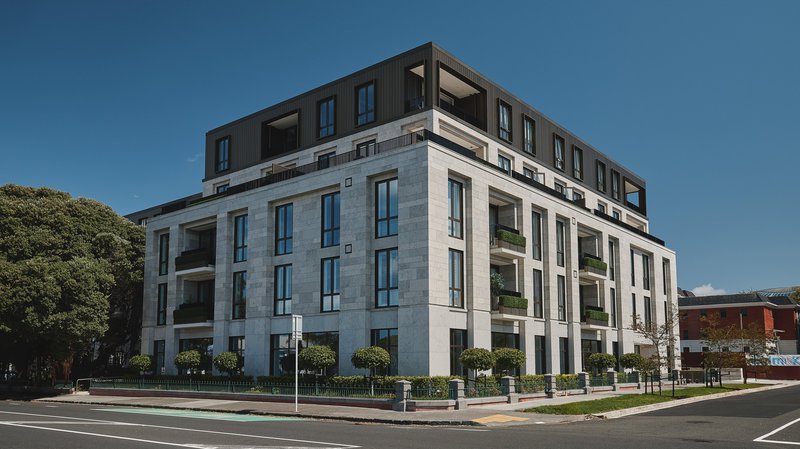These architect-focused webinars explore how materials and façades enhance sustainability and wellbeing. GH Commercial’s “From Farm to Floor” traces NZ wool from farm to flooring, while Technoform’s “Designing Healthy Buildings” shows how advanced façade systems improve comfort, air quality, and energy efficiency.
Healthy Buildings: Light, Thermal Performance, Coatings & Wellbeing
Part One

 CPD & CEU Credits
CPD & CEU Credits
2.00 Australian CPD ACT-SA-NT Points 2.00 Licensed Building Practitioner - Design 2 + 3 Points 20.00 NZ Registered Architects Board Points 2.00 Licensed Building Practitioner - Design 1 Points 2.00 Australian QLD - NSW - VIC - TAS - WA Points
 Presented By
Presented By
Teulo Ed
Event Description
Judy Lea Engel |GH Commercial
Synopsis:
From Farm to Floor – The Journey of New Zealand Wool Carpet takes us through the remarkable lifecycle of New Zealand wool — from its natural origins on the farm to its transformation into a premium floor covering. This session explores the unique properties of local wool fibres, the processes behind spinning and felting, and the craftsmanship that underpins high-performance wool carpet. Participants will gain practical insight into specifying wool flooring, understanding its sustainability credentials, performance benefits, and best-practice care to ensure lasting beauty and function in interior projects.
Key Learning outcomes:
• Understand the characteristics of New Zealand wool and how fibre properties influence carpet performance.
• Recognise the processes involved in transforming raw wool into yarn and felted carpet, and how these affect design and durability.
• Confidently specify and maintain wool carpet in architectural and interior design projects, balancing aesthetics, performance, and sustainability.
Technoform: Dyann Stewart | Facade Consultant
Synopsis:
In a world where we spend up to 90% of our lives indoors, the design of our buildings has a profound impact on our health. From the air we breathe to the light that fills our spaces, every element of the built environment influences our physical, mental, and emotional wellbeing.
At Technoform, we believe façades are more than just the skin of a building—they’re a gateway to healthier living. This presentation explores how advanced façade technologies and thoughtful design can transform homes, schools, and workplaces into spaces that support human health and resilience.
Key Learning Outcomes:
- By the end of this presentation, you will be able to:
- Understand the key components of healthy buildings: air quality, natural light, thermal comfort, and psychological wellbeing.
- Recognise the health impacts of poor indoor environments, including mould, humidity, and CO₂ buildup.
- Explore how façade systems—like thermal breaks, warm edge spacers, and thermal isolator clips—enhance indoor environmental quality.
- Evaluate glazing and insulation choices using performance metrics such as U-values, R-values, and Tdw-ISO.
- Apply design strategies that balance aesthetics, energy efficiency, and occupant wellness.
